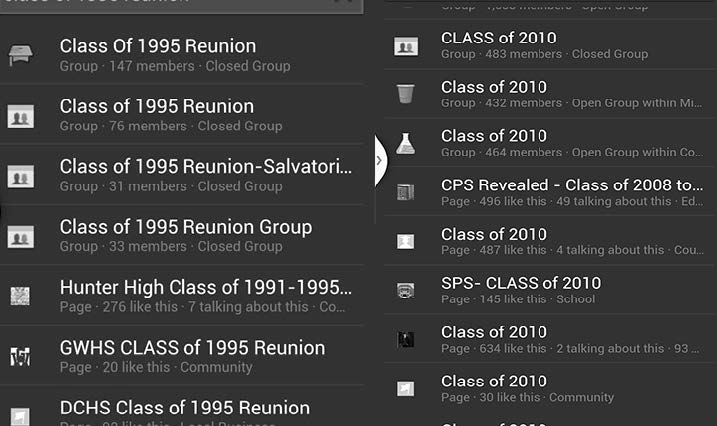For decades, graduation has meant saying goodbye; graduates bid farewell to both their school and their classmates. Our parents and teachers fondly remember the people they knew in high school, wondering how their lives unfolded. For years, we probably assumed our lives would follow the same pattern. Now, however, with the immense impact of social media, the connections we have made here at Massapequa High School may not disappear so suddenly.
Social media will certainly play a role in our keeping in touch with friends we have made here. Without a doubt, we will be able to stay in contact with more people than we otherwise would have been able to. Because of social media, “Everyone can stay connected over a long period of time and over long distances,”senior Steve Laudage said. No longer will graduates ponder, “I wonder how he is doing” or “Did she ever realize her dreams?” Additionally, a larger network of contacts will help us in the future, as we search for jobs. In the competitive job market, getting a job often depends on who you know. By keeping in touch with more people from high school, we can build a larger network of friends who can potentially help us in the future—an advantage our parents never had.
However, we must realize that a greater quantity of friendships does not necessarily indicate elevated quality. Oftentimes social media is insufficient in truly depicting the realities of our lives. A conversation about the joys and disappointments of life after high school is much more vital to a true friendship than glancing through pictures on a Facebook page. “Even though I think it’d be nice to stay in contact,” senior Jen Lander said, “I think it’s better to actually see people in person and reflect on the memories of high school.”
Therefore, we must be careful not to depend entirely on social media; we cannot expect the Internet to maintain our relationships for us. If a real effort is not made, our friendships will disintegrate just as quickly as they would have without social media.
The high school reunions, too, that have become so commonplace, may cease to have any real purpose. For years, graduates have looked forward to seeing old classmates, discussing how their lives have changed since high school, and reminiscing about the memories of young adulthood. Will people bother going to a reunion in ten years, when all of that can be done in the comfort of our own homes by the click of a button?
On the other hand, the opportunity to really see old classmates and have face-to-face conversations with them may encourage us to continue the tradition. While the Internet may be more convenient, perhaps the new memories we will form at our future gatherings will be worth our time. Perhaps social media will actually encourage people to attend high school reunions by connecting more people and providing topics of conversation. “I would see what everyone’s doing [on social media sites], but then I could talk to them about it [at reunions],” senior Joanna Urli said.
Whether the impact of social media will be positive or negative is left to be seen. Are we missing out on a fun experience by skipping reunions and other, less formal gatherings in favor of using social media to keep in touch, or is social media an innovative tool which will help us maintain our connections as we leave Massapequa? The only clear answer seems to be that, for better or worse, social media will make our lives beyond high school much different than those of any generation before us.

